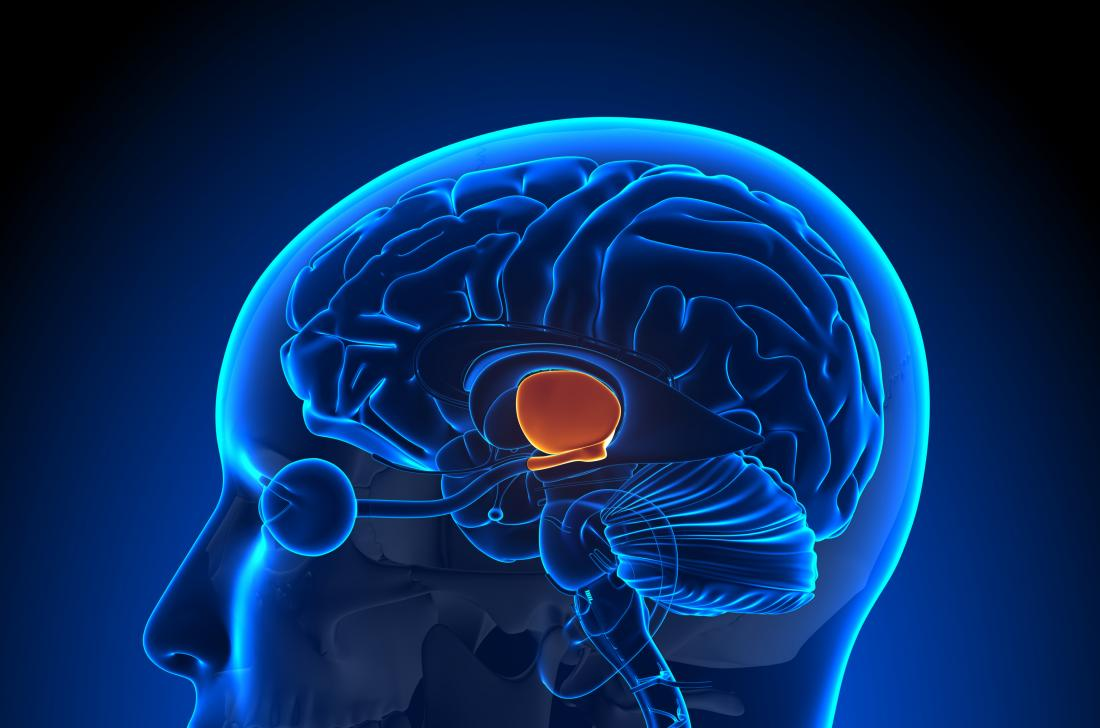The hypothalamus is the small part of the brain and is located near the pituitary glands at the base of the brain. Though its size is very small it plays a crucial role in the various functions including the regulation of the emotional responses, controlling the appetite, management of the sexual behavior, regulation of body temperature, release of the hormones and the maintenance of the daily physiological cycles. Arguably the hypothalamus is most important in the endocrine system as it ensures the balance in the internal processes of the body.

Anatomy of Hypothalamus
Hypothalamus is situated below the thalamus and slightly above the pituitary glands and the brain stem. The size of the hypothalamus is merely like the size of an almond. In particular, the hypothalamus is tightly connected with the pituitary glands, that sometimes the health experts cannot diagnose the problem that either it is associated with the hypothalamus or with the pituitary gland.
Hormones of Hypothalamus
For maintaining the homeostasis in the body, the hypothalamus creates and controls the many hormones. The hypothalamus together with the pituitary glands controls the various glands which produce hormones in the body. The hormones secreted by the hypothalamus include the prolactin controlling hormones, oxytocin, antidiuretic hormones, corticotropin-releasing hormones, thyrotropin-releasing hormones, and gonadotropin-releasing hormones. The hypothalamus exerts direct influences on the growth hormones. Additionally, it commands the pituitary glands to increase or decrease their presence in the body, which is essential for both the children and the adults.
Hypothalamic Disease
The functions of the hypothalamus can be affected by head trauma, infection, surgery, brain tumor, significant weight loss and by the radiation. It can cause various disorders related to the thermoregulation energy balance and insomnia. Ultimately a deficiency in the level of hormones is produced and growth, development, and the body functions are significantly affected. If the hypothalamus is not producing the sufficient level of the antidiuretic hormone, then it may cause the diabetes insipidus. In this condition, the kidneys cannot reabsorb the water due to which the excessive diluted urine is produced and a very large amount of the drinking is required.
Due to the hypothalamus disorders, the children may face abnormal growth and puberty. Symptoms of the hypothalamus disorders may include anxiety, mood swings, lack of sex drive, constant thirst, itchiness, the feeling of irritation, difficulty in sleeping, tiredness, and diarrhea. So, significant measures should be taken to keep the hypothalamus healthy. Healthy dietary sources support the brain functions and the hypothalamus.